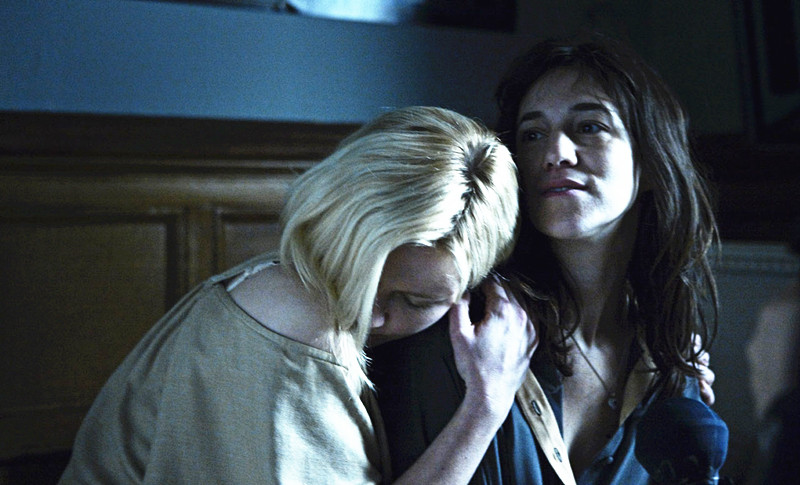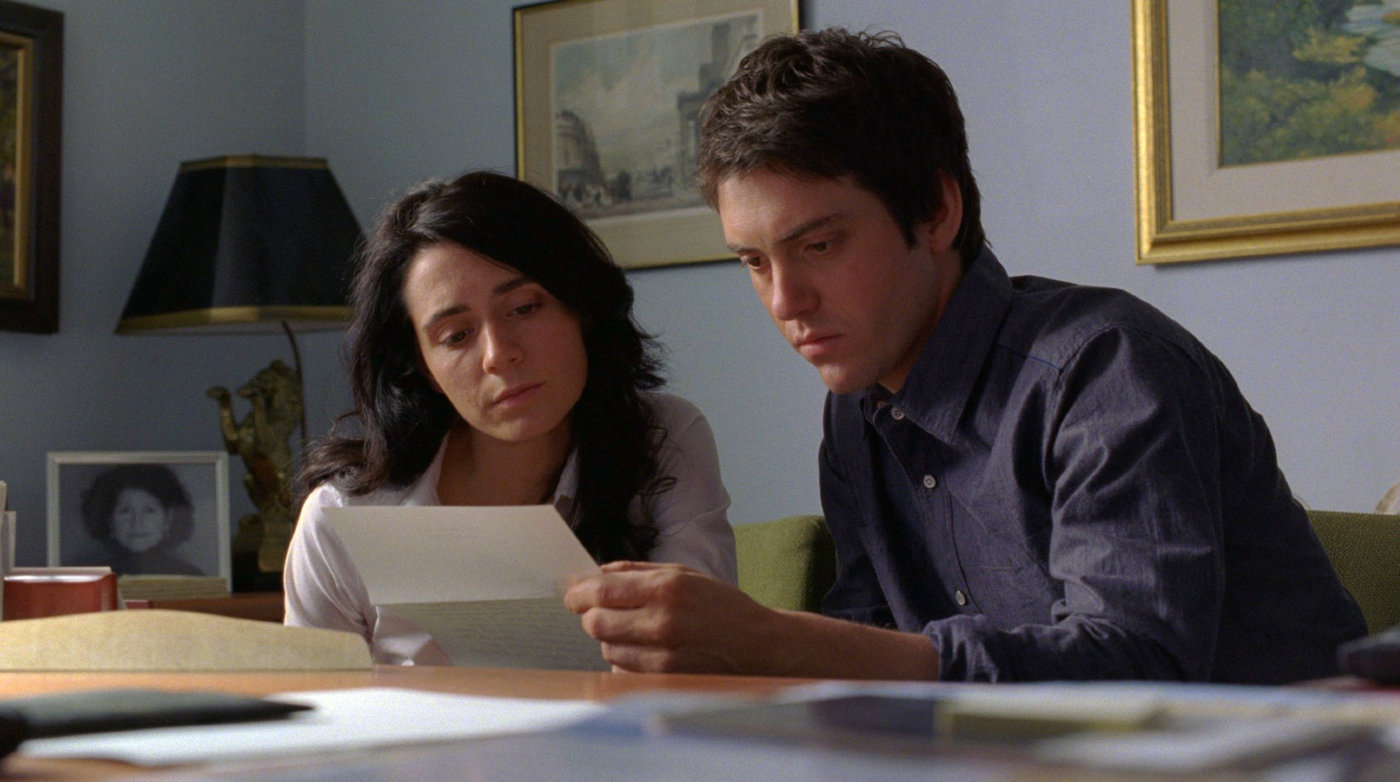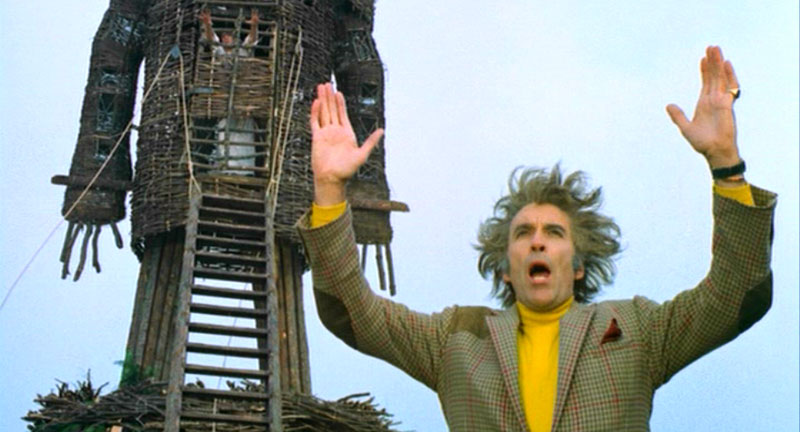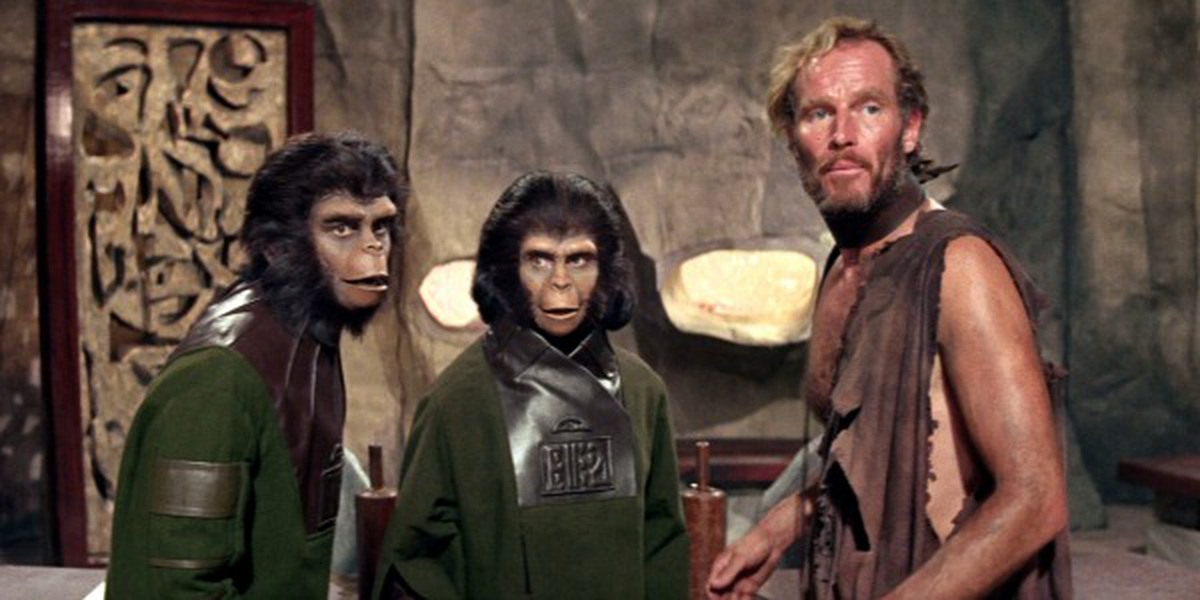6. Melancholia

Melancholia is aesthetically poetic in its depiction of two sisters dealing with their respectively different instabilities. One sister, Justine, lives with a debilitating depression that taints every joyous moment of her life. Claire, on the other hand, is haunted by her belief that a nearby planet name Melancholia might crash into Earth and ultimately destroy it and everyone.
The film shows how dulling the repetitiveness of life can become, and how whether it is within a person or coming from a situational circumstance, there is a certain helplessness one has that can consume them in ways where destruction seems like the only solution. The camera work writes a somber, isolating, and powerless narrative, where the ending seems terrifying only if one is not consumed by the desperation to escape suffering.
Depending on the personal experiences with sadness one carries with them when viewing the film, Melancholia manages to regard them in a profound way. It is brutally honest, strikingly eye opening, and brilliantly profound in its portrayal of depression and the way in which people come to terms with it.
7. Incendies

Incendies is a powerful story. Dark in its nature, but powerful and important in its message. It follows a set of twins who fulfill their deceased mother’s wish to return to her hometown in order to find their estranged brother and father. The film is filled with unwatchable violence, and resurfaces many of the cruel and scarring moments their mother had to survive and escape from.
The twins are in constant shock by the dark past that followed their mother throughout her whole life. Through a series of unexpected plot twists, the film carries with it the question of what it is exactly that they are searching for. To say the least, the film keeps viewers completely immersed on this physical and psychological journey of trauma and truth.
The film is entertaining in its mystery, but most importantly it tells a story of courage and redemption, even if their mother does not feel deserving of that redemption. It explores ideas of suppression, guilt, and lies. The ending of the film unveils the truth, and in the truth is the shame and pain their mother was not only hiding, but that they too now have to carry with them for the rest of their lives.
8. The Wicker Man

After an investigator by the name of Neil Howie is sent to a Scottish village upon receiving a letter about a missing young girl, he is told by the citizens of the village that they had never heard or seen of her. The mother of the young Rowan Morrison too claims she never existed.
After multiple questionings and a long and sneaky investigation, Mr. Howie feels like something strange is occurring on this island. He becomes more involved with the case once the clues of their lifestyle and ritualistic affairs become apparent. After witnessing their unconventional beliefs, he manages to get a deeper look into the people of this village, their past, and their ancient beliefs of the human as a sacrifice. He starts to believe that Rowan Morrison was, or is about to be a subject to one of these harsh rituals.
The end of the film takes a twist for the worst, while the longtime leaders of this island somehow justify their horrifying acts as a sacrifice that must be done for the gods above. It is a bizarre and chilling story filled with religious symbolism, and its end is an experience you’ll never forget.
9. Oldboy

Oldboy is a story of love, pain, and death, coming together to create a neo noir thriller fueled by cold blooded revenge. The film demonstrates the scarring effects of tragedy, and the continuous cycle of suffering that remains when people are unable to let go of the terrible memories of their past. Without revealing too much of the plot, the film follows a man named Dae-su who is imprisoned for 15 years by a man named Woo-jin.
Woo-jin was in love with his sister, and Dae-su was spreading rumors about this incestuous relationship. Soon after their relationship was out in the open, Woo-jin’s sister commits suicide. Woo-jin blames Dae-su for it, and as a result keeps him locked up in a room for 15 years. In trying to teach Dae-su a lesson, he deeply damages him, but it is when he is finally released from captivity that the real pain for Dae-su begins.
The film regards the boundless potential of ignorance, and its ability to allow people to be open and vulnerable without regarding the consequences of truth. Woo-jin’s motive in the film is to give Dae-su love, in order to take it away from him, and taint his beautiful memories with the sometimes disturbing nature of truth. In his attempts to teach Woo-jin empathy and a powerful lesson about love, it is unclear if he was successful.
Oldboy’s ending in many ways is ambiguous. All that can be said is that the main character is subject to hypnotic episodes throughout the film, those of whose effect we cannot entirely know.
10. Planet of the Apes

Planet of the Apes is a classic science fiction film, and arguably one of the pioneer films of its genre. It’s iconic ending is a symbol of humanity’s doomed fate in many ways, but also a realization of our inability to see the world through an objective lens, rather than through our own perspective of it. It is deeply symbolic in giving apes the possession to rule this strange and futuristic society, in which humans have become incapable of doing anything.
The film follows four human astronauts who crash onto an unknown planet where apes have created a functional society, implements hierarchies of power and positions of work for different breeds of ape. Humans on the other hand, are hunted for fun or used in lab experiments. The hypothetical situation where roles are reversed and the apes control humans is intended to allow viewers to empathize with other forms of life apart from other humans, who in our reality, are being treated as horribly as the humans in the film.
Planet of the Apes has been revered and studied by generations for its timeless message of the destructiveness that resides in human nature. Whether it is in the relationships they hold, or the places they inhabit, humans are notoriously cruel. The end of the film ultimately embodies humanity’s cruelty to the Earth, ultimately proving that no matter how well it is covered up, destruction resurfaces. The human urge to seek control is regarded in the film, but it is humanity’s lack to control with consideration of other life sources is what impedes the world around them from sustaining itself.